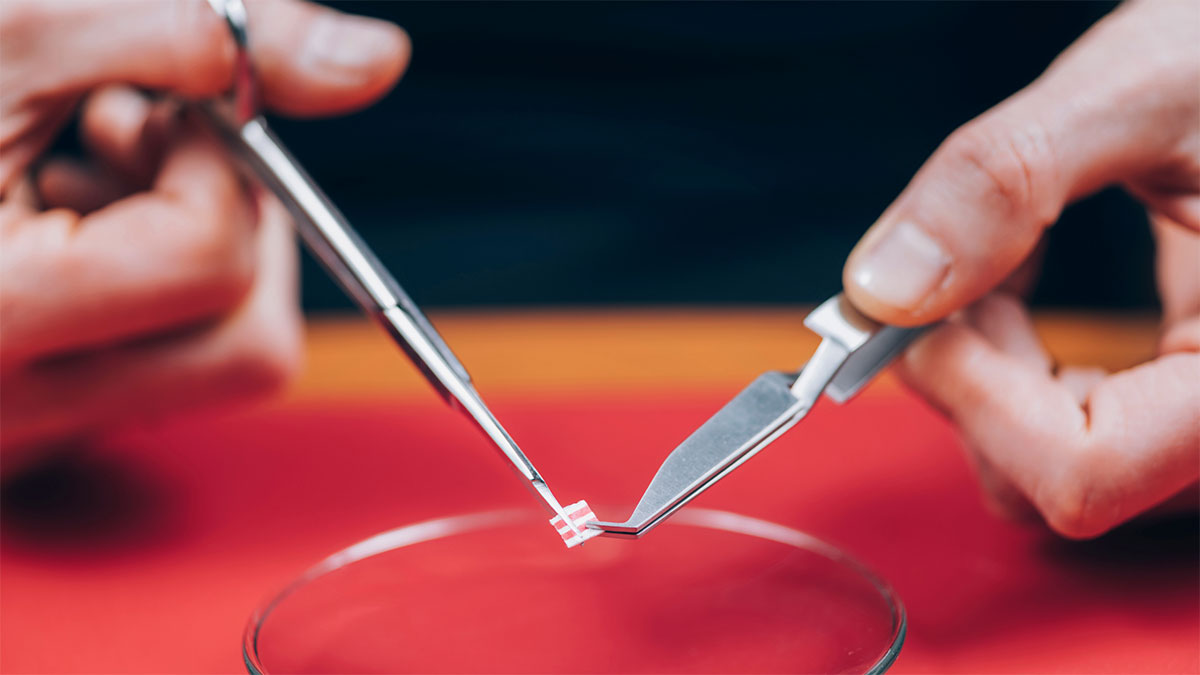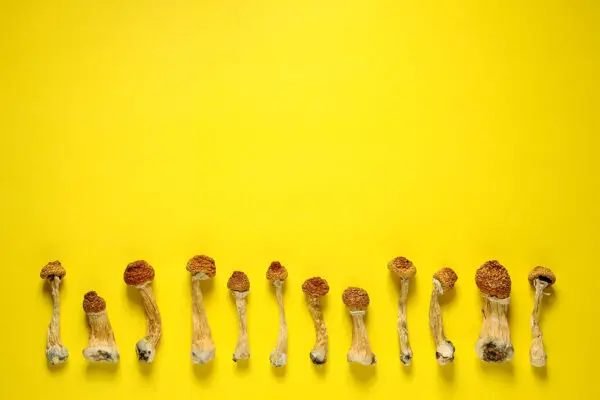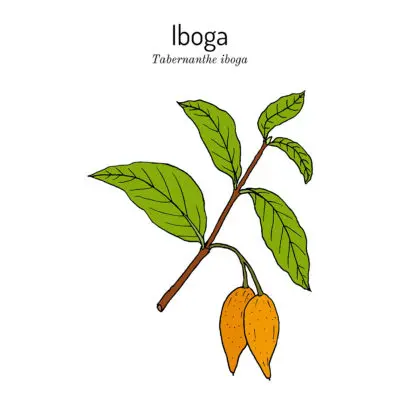Microdosing, the practice of consuming very small, sub-perceptual doses of psychedelic substances like LSD or psilocybin mushrooms, has gained attention for its potential to alter mood, perception, and cognitive functioning. But how exactly does microdosing make one feel? Does microdosing lead to feelings of fatigue or does it energize? Unfortunately, limited research has been done on the practice, and more studies need to be conducted in order to measure its effectiveness. Based on the studies that have been done as well as anecdotal reports, we’ll outline the potential pros and cons of microdosing with psychedelics such as LSD and psilocybin.
How Does Microdosing Make You Feel?
The benefits of microdosing are subjective and vary from person to person. But some people report feeling more in touch with the universe and their inner selves. People have reported feeling more aware of the good things in their lives and experiencing feelings of gratitude for the simple things that often get overlooked, such as the kindness of a stranger or the feeling of sunshine on their faces.
Pros of Microdosing
The microdosing experience depends on a lot of factors including your mindset, physical biology, and set and setting. Depending on where you are in your microdosing journey, we’ve outlined the pros of microdosing so you can make an informed decision.
Pros: Microdosing Boosts Your Mood
Most of the research that has been done on microdosing is based on surveys. In one survey, improved mood was reported as the number one benefit experienced while microdosing. Some people report that microdosing has helped them be more creative, and they feel like their minds are open to new ideas or solutions for problems in the workplace and at home. Young professionals—especially in the ever-changing Silicon Valley tech field—who are looking for ways to stand out from their peers have turned to microdosing to give them a competitive edge in the workplace.
Below are the top six of the most common experiences and feelings people have after microdosing.
- Enhanced Mood
Many individuals report a general uplift in mood. This can manifest as feelings of happiness, increased emotional stability, and a greater appreciation for life’s small pleasures.
- Increased Mindfulness
People often describe a heightened sense of presence and mindfulness, feeling more attuned to their immediate environment and experiences.
- Boosted Creativity and Problem-Solving
There’s a common perception that microdosing opens up mental pathways, fostering creative thinking and improved problem-solving abilities.
- Energizing Effects
Some microdosers report feeling more energized and alert. This can translate to increased motivation and the ability to engage more fully in daily activities.
- Spiritual Awareness
Some people have reported a deeper sense of spirituality or connectedness to the universe, adding a dimension of personal growth and self-discovery to the microdosing experience.
- Being More Social
Anecdotal evidence suggests that microdosing may enhance social interaction, making communication feel more natural and less anxiety-inducing.
Cons of Microdosing
These all seem like really great reasons to try microdosing. So why isn’t everyone doing it? Well, there are a few reasons one might choose not to microdose. Here are the top seven “cons” of microdosing:
Cons: Microdosing Health and Safety Risks
- Legal Issues
In many countries, substances commonly used for microdosing, like LSD and psilocybin, are illegal. Possession, use, or distribution of these substances can lead to legal repercussions.
- Health Risks
While microdoses are small, there’s still a risk of adverse effects, especially for individuals with pre-existing mental health conditions like schizophrenia or bipolar disorder, where psychedelics can potentially exacerbate symptoms.
- Unpredictable Effects
Everyone’s biochemistry is different, and so are the effects of microdosing. Some individuals may experience negative side effects such as anxiety, mood swings, or physical discomfort.
- Interaction with Medications
There’s a potential risk of interactions with other medications, particularly psychiatric ones, which could lead to unexpected or harmful effects.
- Tolerance and Dependence
There’s a possibility of developing tolerance to the substance, requiring larger doses to achieve the same effect. While dependence is less likely with psychedelics compared to other substances, it’s still a consideration.
- Impaired Functioning
While microdoses are designed to be sub-perceptual, they can still potentially impair cognitive or motor functioning, impacting activities like driving or operating machinery.
- Quality Control and Dosage Accuracy
As these substances are often obtained illegally, there’s no guarantee of their purity or potency. This makes accurate dosing challenging and increases the risk of unexpected outcomes.
It’s crucial for anyone considering microdosing to weigh these potential cons against any perceived benefits. Always consult with a healthcare professional, especially if you have underlying health conditions or are taking other medications.
Does Microdosing Make You Feel Tired or Energized?
Yes, microdosing can make you feel energized, engaged, and more alert. Alternatively, it can make you feel tired if the body perceives it as a relaxant or if there’s an underlying sensitivity to the substance. While more research on this topic is needed, it’s important to understand that individual responses to microdosing can vary widely. Factors such as individual biochemistry, the type of substance used, dosage, and even the environmental setting can influence how you feel during and after microdosing. The debate over microdosing is not just about weighing its potential benefits against its drawbacks; it’s also about understanding the nuances of its effects. For those considering microdosing, it’s important to start with very low doses to gauge personal reactions and adjust accordingly.
Summary
The debate over microdosing is not just about weighing its potential benefits against its drawbacks; it’s also about understanding the nuances of its effects. Does microdosing make you tired? Can it consistently enhance creativity and productivity? These are questions that remain partially unanswered, highlighting the need for more scientific studies and personal testimonies.
Frequently Asked Questions About the Pros and Cons of Microdosing
Can microdosing make you tired?
Yes, some individuals might experience fatigue as a side effect of microdosing. It’s important to find the right dosage that works for your body to avoid such unwanted effects. This can be managed by adjusting the dosage and schedule.
What are the main pros and cons of microdosing mushrooms?
The pros of microdosing shrooms include enhanced creativity, focus, and mood improvement. However, cons can include potential fatigue, mood swings, and other side effects, which vary from person to person.
Does psilocybin make me sleepy?
Yes, psilocybin, the active compound in magic mushrooms, can lead to drowsiness or sleepiness in some individuals. This effect might be more pronounced during the come-down phase of a trip or after microdosing.
Are there any concerns about the long-term effects of microdosing?
Long-term effects of microdosing are still being studied, but there are concerns about possible tolerance buildup and the risk of individuals relying solely on microdosing without addressing underlying issues.
Are there any potential risks or drawbacks to microdosing for anxiety?
While some individuals may find relief from anxiety through microdosing, others may experience increased anxiety or negative emotions. It’s important to monitor your reactions closely and seek professional guidance if needed.
It is interesting to note that many of the reported effects of microdosing fall into both the pros and cons categories. This likely indicates that set and setting also play a factor in microdosing, as well as biological predisposition.
Although some studies have been done, more clinical research needs to be done in order to determine if the placebo effect plays a role in the reported effects of microdosing.









